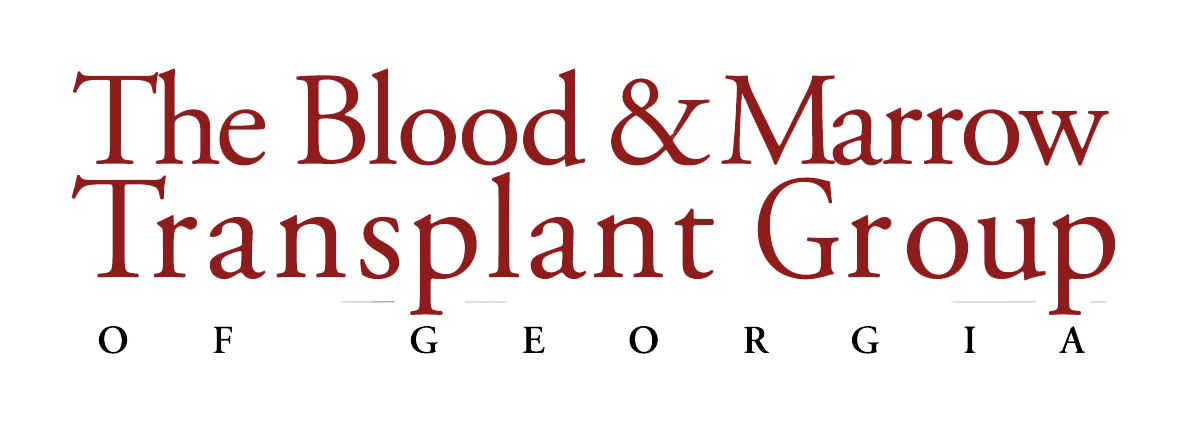Scott Solomon, M.D.
Scott Solomon, M.D., is board certified in the subspecialties of medical oncology and hematology. He is the Medical Director of the Northside Hospital Blood and Marrow Transplant Matched Unrelated Donor Program and the Medical Director of the Northside Hospital Stem Cell Processing Laboratory. Dr. Solomon is also a Northside Hospital Leukemia and Immunotherapy Program physician. Dr. Solomon has been Atlanta's Top Doctor in his specialty from 2013 to 2025.
Training
University of Virginia, Echols Scholar and a member of Phi Beta Kappa Honor Society
M.D., Alpha Omega Alpha Honor Society, University of Maryland School of Medicine
Participated in highly competitive Howard Hughes Medical Institute (HHMI)- NIH Research Scholars Program
Received the Medical Student Research Award from the American Federation for Clinical Research
Fellowship: Hematology-Oncology, University of California, San Francisco
Fellowship: Blood and Marrow Transplant, University of California, San Francisco and NHLBI/NIH
Society Memberships
American Society of Clinical Oncology
American Society of Hematology
American Society for Blood and Marrow Transplantation
Past Academic Faculty Appointments
National Institutes of Health (NIH), National Heart, Lung and Blood Institute (NHLBI), Bethesda, Maryland
Publications
Authored and co-authored more than 243 research articles and abstracts in peer-reviewed journals: Blood, Journal of Clinical Oncology, Biology of Blood and Marrow Transplantation, Bone Marrow Transplantation, and the British Journal of Hematology
Dr. Solomon’s clinical and translational research interests include novel approaches to treating leukemia, lymphoma, and myeloma. More specifically, his work has focused on the role of allogeneic and autologous immune system modulation in treating various blood cancers. Past and current trials evaluate the role of haploidentical transplantation, CAR-T therapy, immune checkpoint inhibitors and adoptive immunotherapy. In addition, another interest of Dr. Solomon’s involves improving the success of allogeneic stem cell transplantation, with an emphasis on developing novel graft-versus-host disease (GVHD) prevention and treatment strategies.


